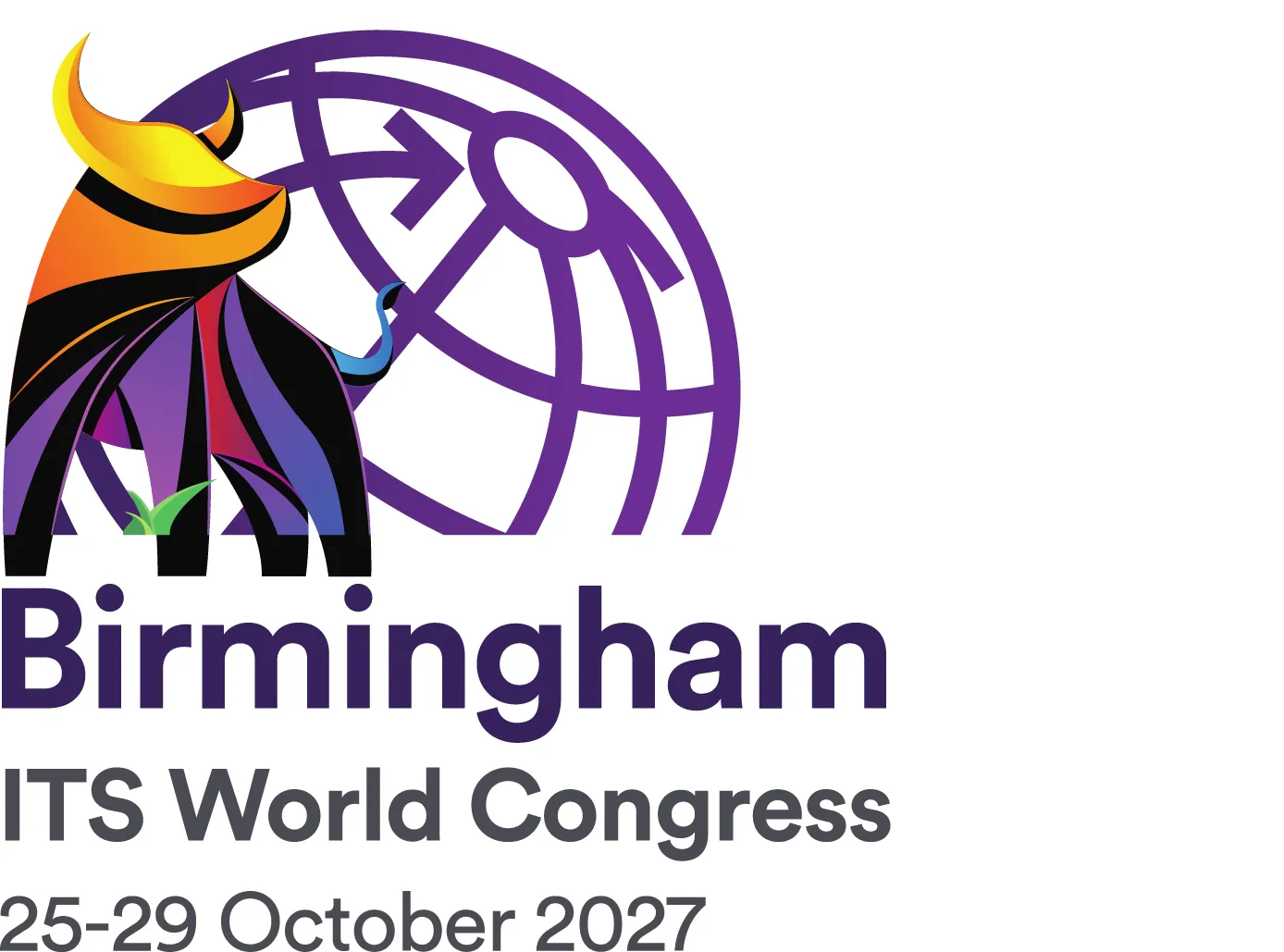A curious looking white dome has appeared alongside the Messe centre as the European Space Expo reaches Vienna and the ITS World Congress, the latest stop of its tour of Europe. The Space Expo is essentially promoting and providing information on Europe’s space programme, much of which has direct relevance to ITS systems of tolling, goods tracking and satellite navigation, among other things. According to the Expo’s head of communication Donna Reay, in previous years the European Union has exhibited to indu
October 24, 2012
Read time: 2 mins

A curious looking white dome has appeared alongside the Messe centre as the European 6779 Space Expo reaches Vienna and the ITS World Congress, the latest stop of its tour of Europe. The Space Expo is essentially promoting and providing information on Europe’s space programme, much of which has direct relevance to ITS systems of tolling, goods tracking and satellite navigation, among other things.
According to the Expo’s head of communication Donna Reay, in previous years the European Union has exhibited to industry from within main exhibit halls. But the aim of the white domed Expo is to communicate with the public as well as industry and politicians throughout Europe. The dome has so far entertained around 15,000 visitors during its stops at Copenhagen, Toulouse, Brussels and Vienna. Next it will visit Cyprus – the current home of the EU presidency – and then London for the European Space Solutions event.
6780 The European Space Agency is putting the Galileo system of 30 satellites into Earth orbit – 28 operational, plus two spares. Four have gone up so far – the latest two launched by a single Soyuz rocket from French Guyana in October this year – and two more are due to be sent into space in Spring 2013.
Delegates at World Congress are being treated to exhibits explaining how the Galileo programme and the related European Geostationary Navigation Overlay Service are influencing development of ITS systems. A full conference programme is also being held from the white dome.
According to the Expo’s head of communication Donna Reay, in previous years the European Union has exhibited to industry from within main exhibit halls. But the aim of the white domed Expo is to communicate with the public as well as industry and politicians throughout Europe. The dome has so far entertained around 15,000 visitors during its stops at Copenhagen, Toulouse, Brussels and Vienna. Next it will visit Cyprus – the current home of the EU presidency – and then London for the European Space Solutions event.
Delegates at World Congress are being treated to exhibits explaining how the Galileo programme and the related European Geostationary Navigation Overlay Service are influencing development of ITS systems. A full conference programme is also being held from the white dome.








